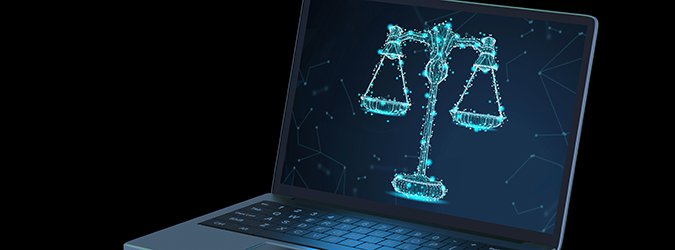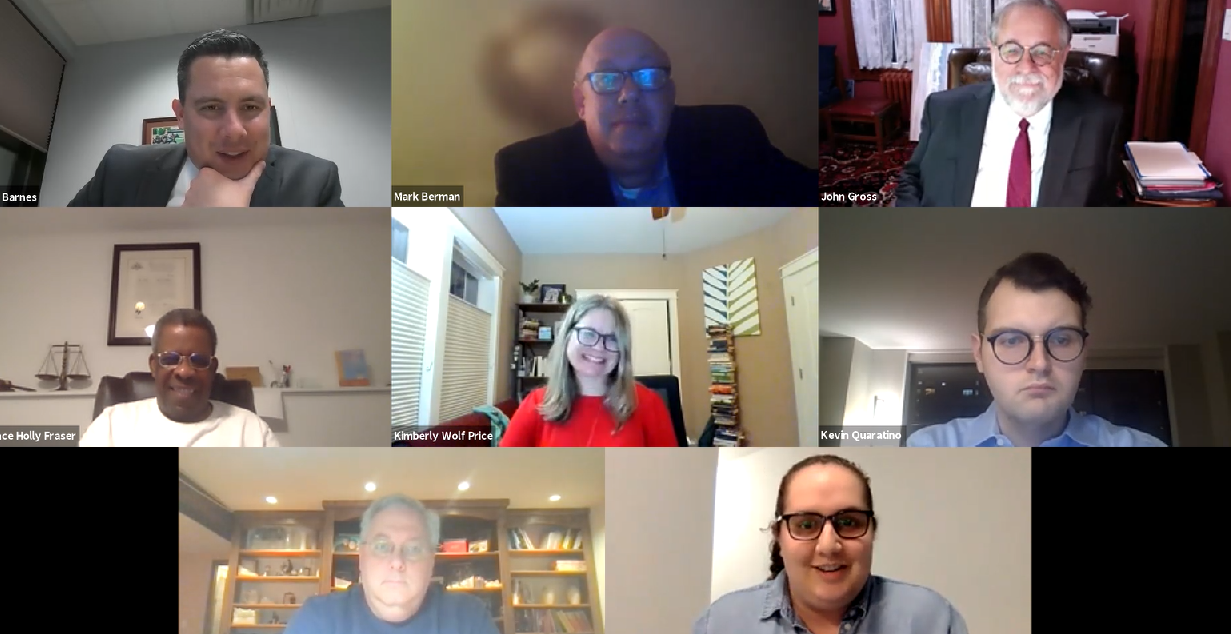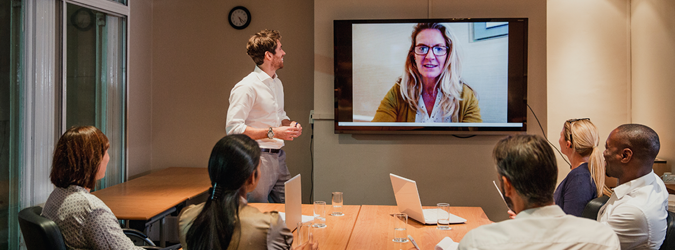Clients Are More Engaged but Expectations Have Become Unreasonable
12.13.2021
Technology has allowed clients to better understand the court system while also creating unreasonable expectations that their attorneys will be available 24/7.
This was the assessment of participants who spoke at the public forum on attorney/client relations held last week by the Task Force on the Post-Pandemic Future of the Profession.
Some changes have been good for both attorneys and clients while others have created new barriers. Which ones are here to stay?
Is it Thursday or Saturday?
A “somewhat frightening” 87% of participants said they do not see a change post-pandemic in their clients’ expectations of availability.
With increased methods of contact, panelists said it’s easier than ever for clients to reach them whenever they want. This worsened during the pandemic when most people were home. Panelists advised lawyers to only give their cell phone numbers out in rare circumstances and only to clients they trust not to abuse it.
“We’re always responding to them within two minutes, so their expectations have not changed,” said Harvey Besunder, a task force member and one of the named partners in MargolinBesunder. “Probably the biggest complaint against lawyers is failure to communicate with the client. We know we have an obligation to keep them informed at all times.”
Every new technology, of course, brings new worries as clients and attorneys become more interlinked. To make that point, task force Co-Chair John Gross recalled his own concerns long ago when faxes were first introduced, “That was the end of the world because, oh my God, they can contact us quickly.”
His firm has a rule that attorneys should make a concerted effort to respond within two hours to an email. If an attorney cannot email back quickly, the client has to be asked if hearing back the next day is satisfactory. Gross said he receives five to six emails per hour while other participants said they can receive as many as 100 per hour and the two-hour rule would not work for them.
Neva Strom, a solo practitioner and task force member, recently updated her engagement letter to explain that although she works atypical hours at times, that doesn’t mean clients can expect a response at any time. She started using the schedule email feature so clients will expect emails during her normal business hours.
“I think it’s a matter of us learning how to create client expectations and I think that’s what we can do in the engagement letter,” said Strom.
Hon. Kathleen Waterman, a Family Court judge and task force member, said that she rarely has attorney-only conferences anymore because clients want to appear now that they can call in from their desks.
Strom said, “What a benefit that the public, our clients, get through Zoom, finding it more accessible, because it isn’t so daunting.”
New ways to market and connect with clients; ethical concerns remain
Mark Berman, task force co-chair, observed that there has been an uptick in electronic communications and fewer firm newsletters. He noted that firms are using video now to produce short films to connect with potential and existing clients. “I definitely see the videos as a big difference now.” Susan Harper, managing director, Bates Group, co-chair of the Attorney-Client Relations Working Group and forum chair, agreed and has noticed an increase in LinkedIn activity among lawyers.
Lauren Sharkey, a partner at Cioffi Slezak Wildgrube, said her firm has transitioned to virtual marketing by posting more consistently on Facebook and LinkedIn. The firm has received a “tremendous response” from its target audience by advertising on local radio station WAMC for the first time.
Evan Krinick, managing partner of Rivkin Radler and a task force member, noted the ease and time savings of using Zoom to meet with potential clients. Although lawyers can get more information and connect more in person, Krinick said meeting with clients was always a challenge previously. He suggested that Zoom works better with prospects versus clients.
Berman acknowledged that short Zoom calls with clients are great for logistical purposes but “more problematic” for longer calls or deep dive meetings.
John Gross has found that having a prep session before an intense collective bargaining session can make clients more comfortable.
Besunder argued that Zoom calls can work if everyone agrees to a virtual meeting but that confidentiality remains a concern.
Claire Degnan, executive director of the Legal Aid Center of Westchester County and a task force member, noted the difficulties with incarcerated individuals and not having a quiet space to talk. She and her staff are careful to ask yes and no questions only. “There is definitely a problem with confidentiality.”
Berman said he thinks the law may change over time, with the issue of waiver of attorney client privilege when using Zoom or a proprietary platform to digitally communicate. Besunder said that there are lawyers who will make the claim that confidentiality has been waived for whatever reason, but “I think confidentiality is sacrosanct and I think Rule 1.6 will protect confidentiality as best as it can.”






